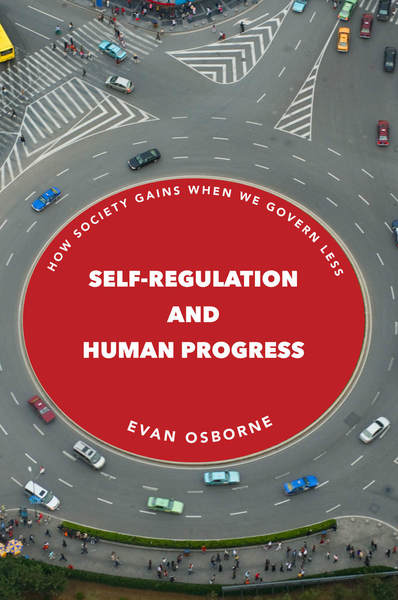
2018
272 pages.
$80.00
Hardcover ISBN: 9780804796446
Ebook ISBN: 9781503604247
Most of us are familiar with free-market competition: the idea that society and the economy benefit when people are left to self-regulate, testing new ideas in pursuit of profit. Less known is the fact that this theory arose after arguments for the scientific method and freedom of speech had gone mainstream—and that all three share a common basis.
Proponents of self-regulation in the realm of free speech have argued that unhindered public expression causes true ideas to gain strength through scrutiny. Similarly, scientific inquiry has been regarded as a self-correcting system, one in which competing hypotheses are verified by multiple independent researchers. It was long thought that society was better left to organize itself through free markets as opposed to political institutions. But, over the twentieth century, we became less confident in the notion of a self-regulating socioeconomy. Evan Osborne traces the rise and fall of this once-popular concept. He argues that—as society becomes more complex—self-regulation becomes more efficient and can once again serve our economy well.
About the author
Evan Osborne is Professor of Economics at Wright State University. He is the author of Reasonably Simple Economics: Why the World Works the Way it Does (2013) and The Rise of the Anti-Corporate Movement: Corporations and the People Who Hate Them (2007).
"Osborne delivers a history of thought across a number of disciplines that proves to be useful and interesting. His argument and ability to connect disparate tidbits expanded my own knowledge a great deal."
—Gary Wolfram, Hillsdale College
"In a fundamental sense, this book is original and very stimulating. Drawing on history, it presents the idea of a self-regulating society. As it explains how and why we have lost faith in this approach, it also extolls its virtues."
—Peter J. Boettke, George Mason University
"The error-correcting mechanisms of self-regulation discussed in the book complement much of the literature on bottom-up processes and self-governing systems....Self-Regulation and Human Progress will appeal to readers interested in the concepts of political and self-regulation, as well as the historical development of these ideas and their foundations."
—Liya Palagashvili, Public Choice
"Thomas Sowell likes to point out that people who have 'cosmic visions' usually can't be bothered to contemplate the world as it actually exists, with marginal gains and losses; Osborne's book makes that clear to anyone with an open mind. Self-regulation does not result in utopia, but it does far more to promote progress than does reliance on political regulation."
—George Leef, Regulation